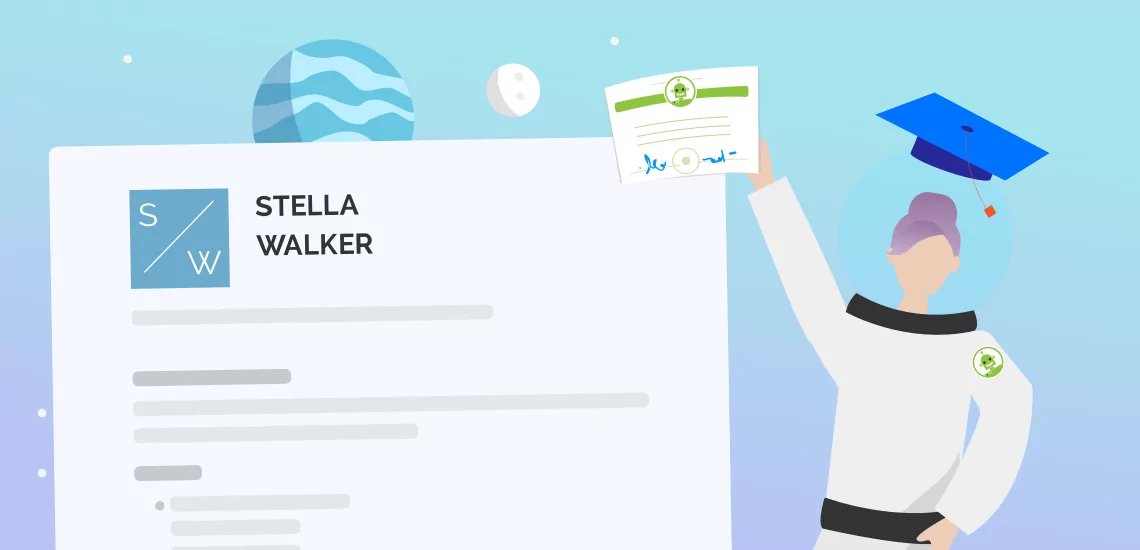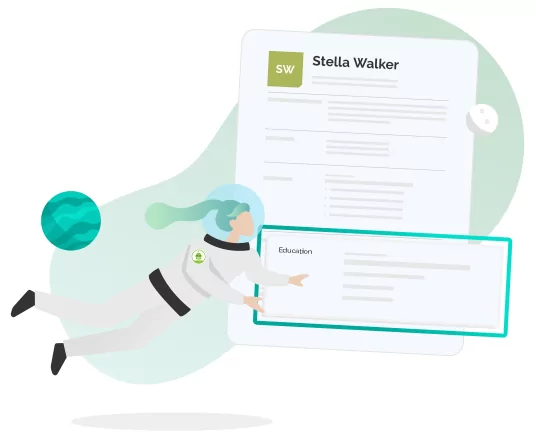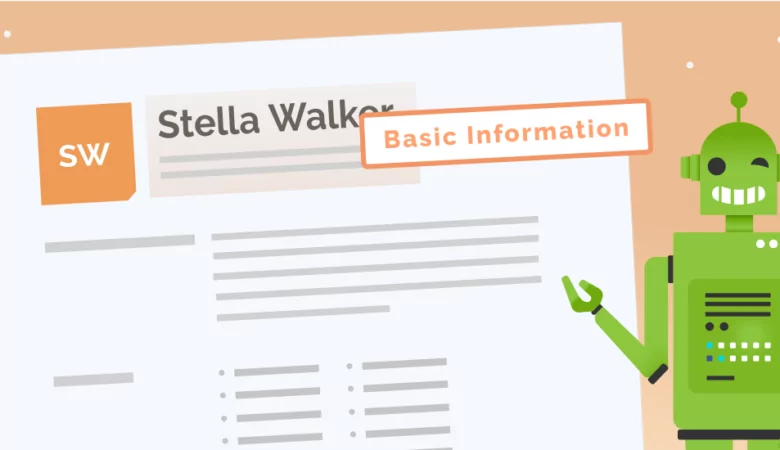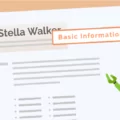An expected graduation date on your resume for your education can help show you are ready to work. Here’s how you can include it on a resume in the most effective way possible.

Tips for Including Your Expected Graduation Date on a Resume
Expected Graduation Date on Resume
Being a recent graduate and trying to find a job can be tough. However, what if you were able to complete your job search and get a job before you even graduated? This is one of the guiding thoughts behind a resume with your anticipated graduation date on it. If you want to show off your upcoming certifications to a hiring manager, whether it’s so you can line up a job immediately after you graduate or it’s just to showcase a strong work ethic, here’s what you need to know.

What is My Expected Graduation Date?
Determining your expected graduation date isn’t that hard. There are a few ways you can do it.
- Take the number of credits you have left before you graduate, then divide them by the number of credits you’re taking per semester.
- See how long your coursework takes to complete, then walk forward from the year you started your degree.
- Ask your school what class you’re in. The class you’re in will be your graduation year.
Remember that your expected graduation date is just that: expected. It’s not guaranteed and a hiring manager isn’t expecting it to be guaranteed. They’re typically just asking for your best guess.
Format Resume To Add an Expected Graduation Date
When adding your expected graduation date, you should typically follow the same format for any time you’re listing education on your resume. Consider looking at other resume examples to see how people format their expected graduation date because there are many options.
Here are a few examples:
Bachelor of Arts in Archaeological Excavations
New York University Institute of Fine Arts
Expected Graduation Date 2025
Master’s degree in Business Administration
Tampa University
Class of 2023
Bachelor of Science in Interior Design
San Francisco State University – San Francisco, CA
Anticipated Graduation Date – January 2024
Tips for Getting More Out of an Expected Graduation Date
If you’re looking to get more out of adding an expected graduation date to your resume, it’s best if you consider some resume writing tips for your education section. Here are a few ways to set yourself apart from other job seekers:
-
Don’t include your current GPA on your resume. This isn’t expected in the education section of your resume in general. But including your grade point average typically doesn’t help here because it’s so likely to change over the months as you approach graduation.
-
Do include your expected graduation date in your education section, not your experience section. Even though your education might be giving you access to relevant work and job experience, it’s still education more prominently than work experience.
-
Also, include your expected graduation date in your cover letter if possible. This ensures that no matter what a hiring manager reads first, they understand that you’re going to be graduating at a specific time.
Your expected graduation date is an important part of potentially getting a job. If you want it to shine, you should pay attention to these tips.
FAQ: Expected Graduation Date on Resume
No. Not only is it unnecessary to put a starting date for your education but it can even be harmful if it’s taken you longer than it would take a typical college student to go through the program. For example, if you weren’t able to pass classes in some of your semesters, this could raise a flag for the recruiter. You only need to put the year you’re expecting to graduate, not the year that you started your education.
If you’re applying to work at a job while you’re still in high school, you may want to list your expected graduation date when you’ll leave high school. This is typically helpful because many states have laws regarding how much a high school student can work, which might not apply when you graduate, even if you’re under 18. Including your expected graduation date can help a potential employer know when you can move to a full-time schedule.
While not necessary in every situation, including an expected graduation date is a good way to let a recruiter know when you’ll be done with an important part of your career journey. This is especially beneficial if you’re trying to line up a job right after you graduate. For entry-level jobs that don’t require a college degree, this may not be hugely important. But the more information you can add to a professional resume, the better off you’ll be when trying to find your first job.








